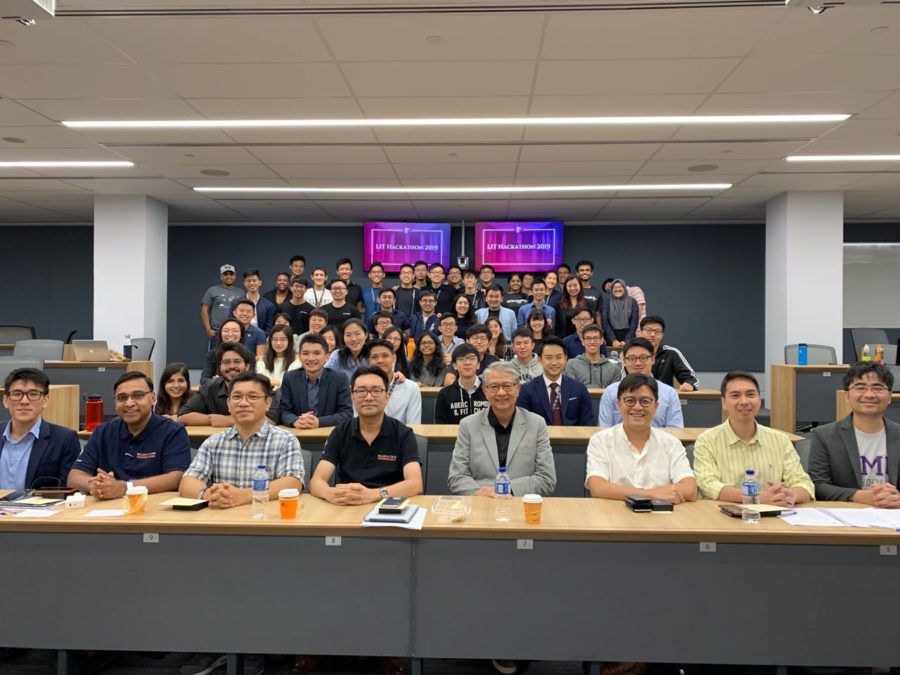Reading time: 4 minutesInterview by Amelia Chew | Edited by Huiling Xie
Organised by Malaysian legal tech startup CanLaw, LexTech Conference 2018 is an APAC-wide legal technology conference taking place from 25 to 26 October 2018 in Kuala Lumpur that aims to drive legal tech adoption in the region and strengthen the regional legal tech community. In the lead-up to LexTech Conference 2018, the LawTech.Asia team will be bringing to you regular interviews and shout-outs covering prominent individuals who are involved in the conference.
LawTech.Asia spoke with Fareez Shah, Managing Partner at Fareez Shah & Partners (FSP). Since the inception of FSP, Fareez Shah has represented and acted for various startups and social enterprises with various types of work, which includes setting-up, fundraising, compliance and risk management. In this interview, Fareez shares about his experience in implementing tech solutions within his practice.
Broadly, how would you characterise the legal tech scene in Malaysia? Are Malaysian law firms embracing machine language, artificial intelligence and cloud-based services?
I can’t speak on behalf of other law firms, but I can share my firm’s view of the legal tech market in Malaysia. Fundamentally, as I believe that the implementation of new technology is meant to improve productivity and in turn improve the quality of work and revenue, I will look at the ROI before investing in new tech. For a small firm like ours, we would love to adopt and embrace more technologies such as Machine Learning, Artificial Intelligence (AI) and Cloud-Based Services. However, most of the off-the-shelf products are either (a) too expensive (e.g. Clio, Tessaract, KIRA) and/or (b) not suitable for local usage (e.g. ROSS and eBrevia). A good example is MailChimp, which we use to automate some of our routine emails. However, as MailChimp is a platform built for e-commerce, it is not a full solution for us and we have to use it in combination with platforms for other services such as payment collection.
Read More





